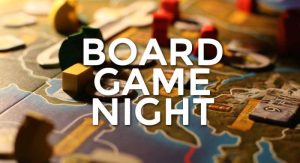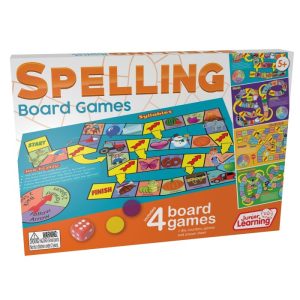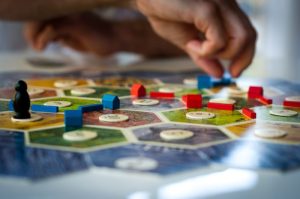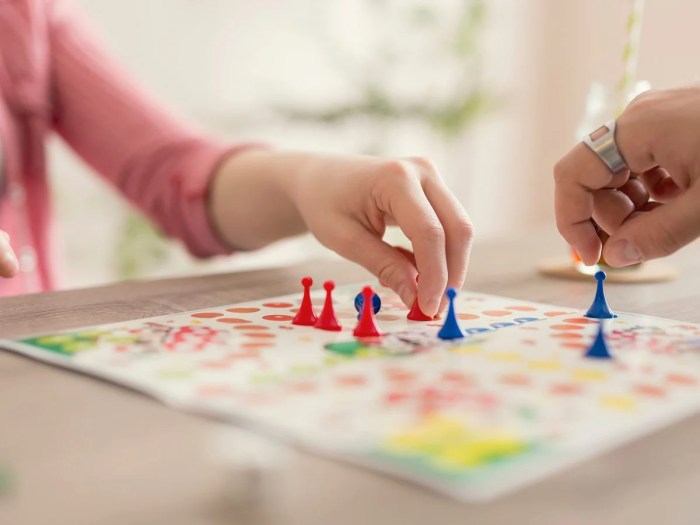
Delving into Board Games for Two Players, this introduction immerses readers in a unique and compelling narrative, with simple but touching style that is both engaging and thought-provoking from the very first sentence.
As we explore the world of board games designed for two players, we uncover a realm of strategic battles, cooperative challenges, and shared victories that bring people closer together in a fun and interactive way.
Board Games for Two Players
Playing board games designed specifically for two players can be a fantastic way to spend quality time with a friend or loved one. These games are often strategic, engaging, and perfect for a more intimate gaming experience.
List of Popular Board Games for Two Players
- Jaipur
- 7 Wonders Duel
- Patchwork
- Lost Cities
- Twilight Struggle
Benefits of Playing Board Games for Two Players
- Intense Strategic Gameplay: With only two players, each move can have a significant impact on the game.
- Quick Gameplay: Most two-player games have shorter playtimes, making them ideal for a quick gaming session.
- Bonding Experience: Playing together creates a strong bond between the players, fostering communication and teamwork.
Difference Between Two-Player Board Games and Multiplayer Games
Two-player board games are specifically designed for only two participants, focusing on head-to-head competition or cooperation. In contrast, multiplayer games involve a larger group of players and often have different mechanics and dynamics.
Tips for Choosing the Right Board Game for Two Players
- Consider Interests: Choose a game that aligns with both players’ interests, whether it’s strategy, storytelling, or cooperation.
- Gameplay Style: Determine if you prefer competitive games, cooperative games, or a mix of both.
- Complexity Level: Select a game that matches the players’ experience level, whether you’re beginners or seasoned gamers.
Advantages of Playing Board Games
Playing board games with two players offers a wide range of benefits that go beyond just entertainment. Let’s explore some of the advantages below.
Cognitive Benefits
Playing board games can help improve cognitive functions such as memory, problem-solving skills, and critical thinking. The strategic nature of many board games requires players to plan ahead, adapt to changing circumstances, and make quick decisions. This mental stimulation can be beneficial for players of all ages, keeping their minds sharp and engaged.
Social Aspects and Bonding Opportunities
Board games provide a great opportunity for two players to bond and connect on a deeper level. Whether it’s a competitive game that sparks friendly rivalry or a cooperative game that requires teamwork, playing together can strengthen the relationship between partners. Board games also encourage communication, sportsmanship, and mutual respect, fostering a positive and enjoyable gaming experience.
Improving Strategic Thinking and Decision-Making Skills
Board games often require players to think strategically, weighing their options and considering the consequences of their moves. By engaging in strategic gameplay, players can enhance their decision-making skills and learn to anticipate the actions of their opponent. This analytical thinking can be applied to real-life situations, helping players become more adept at making informed choices and achieving their goals.
Personal Experiences
Many people have fond memories of playing board games with a partner, whether it’s a childhood game night with a sibling or a romantic evening with a significant other. These shared experiences create lasting bonds and strengthen relationships, fostering a sense of closeness and connection. Board games have the power to bring people together, creating moments of joy, laughter, and friendly competition that leave a lasting impact.
Types of Board Games for Two Players
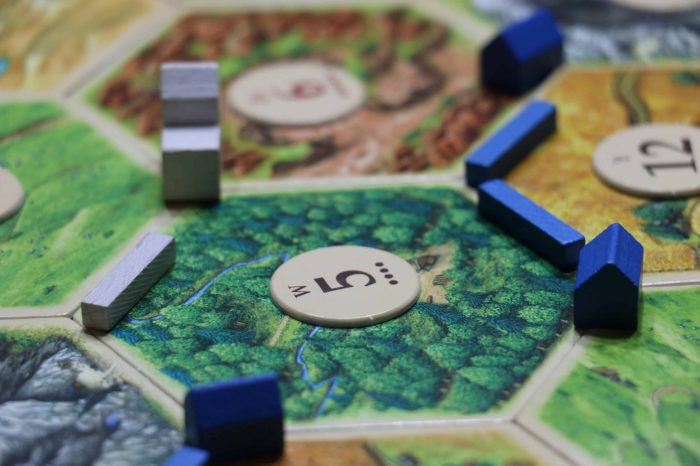
When it comes to board games for two players, there is a wide variety of genres to choose from, each offering a unique gaming experience. Whether you prefer cooperative gameplay or competitive matchups, there is something for everyone in the world of two-player board games.
Cooperative Board Games vs. Competitive Board Games
- Cooperative Board Games:
Players work together towards a common goal, facing challenges and obstacles as a team.
- Competitive Board Games:
Players compete against each other to achieve victory, often involving strategy, skill, and a bit of luck.
Classic Board Games for Two Players
- Chess:
A strategic game of intellect and skill, dating back centuries and enjoyed by players of all ages.
- Backgammon:
A classic game of dice and strategy, with simple rules but endless possibilities for gameplay.
Modern Board Games Designed for Two Players
- Jaipur:
A fast-paced card game set in the vibrant market of Jaipur, focusing on trading and collecting goods for profit.
- 7 Wonders Duel:
A two-player adaptation of the popular civilization-building game, offering intense strategic gameplay and decision-making.
Strategies and Tips for Winning Two-Player Board Games
When it comes to playing board games designed for two players, having a solid strategy can make all the difference between winning and losing. Here, we will explore some common strategies and tips to help you come out on top in head-to-head board game battles.
1. Know the Game Inside Out
Before diving into a game, take the time to thoroughly understand the rules, objectives, and mechanics. Knowing the game inside out will give you a strategic advantage and help you anticipate your opponent’s moves.
- Study the rulebook and familiarize yourself with all components of the game.
- Practice different strategies in solo play to understand how each decision affects the game.
- Pay attention to any patterns or tendencies in your opponent’s gameplay.
2. Control the Center of the Board
In many two-player board games, controlling the center of the board gives you a positional advantage and allows you to dictate the flow of the game. Focus on establishing a strong presence in the central areas to limit your opponent’s options.
- Secure key spaces or territories in the middle of the board early in the game.
- Use pieces or cards strategically to block your opponent’s access to central locations.
- Maintain control of the center while expanding your influence to other areas of the board.
3. Adapt Your Strategy to Your Opponent
Each player has a unique playing style and preferences when it comes to board games. Pay attention to your opponent’s moves, decisions, and overall gameplay to adapt your strategy accordingly. Being flexible and adjusting your tactics on the fly can catch your opponent off guard.
- Observe your opponent’s tendencies and adjust your strategy to counter their moves.
- Anticipate potential strategies based on your opponent’s previous decisions.
- Take advantage of any weaknesses or blind spots in your opponent’s gameplay.
4. Communicate and Collaborate in Cooperative Games
In cooperative two-player board games, effective communication and teamwork are essential for success. Work together with your partner to strategize, coordinate actions, and overcome challenges as a unified front.
- Share information openly with your partner to make informed decisions.
- Discuss potential strategies and agree on a game plan before taking actions.
- Support each other’s moves and provide assistance when needed to achieve mutual goals.
Last Point

In conclusion, Board Games for Two Players offer a special bond between individuals, fostering connection, communication, and endless entertainment through the power of play.
Frequently Asked Questions
What are some benefits of playing board games designed for two players?
Playing board games for two players enhances strategic thinking, decision-making skills, and fosters a sense of connection and camaraderie between individuals.
How do you choose the right board game for two players?
Consider interests and preferences when selecting a board game for two players, ensuring it aligns with both players’ gaming styles and enjoyment.
What are some classic board games that are favorites for two players?
Classic favorites for two players include Chess, Checkers, Backgammon, and various card games like Rummy or Poker.
